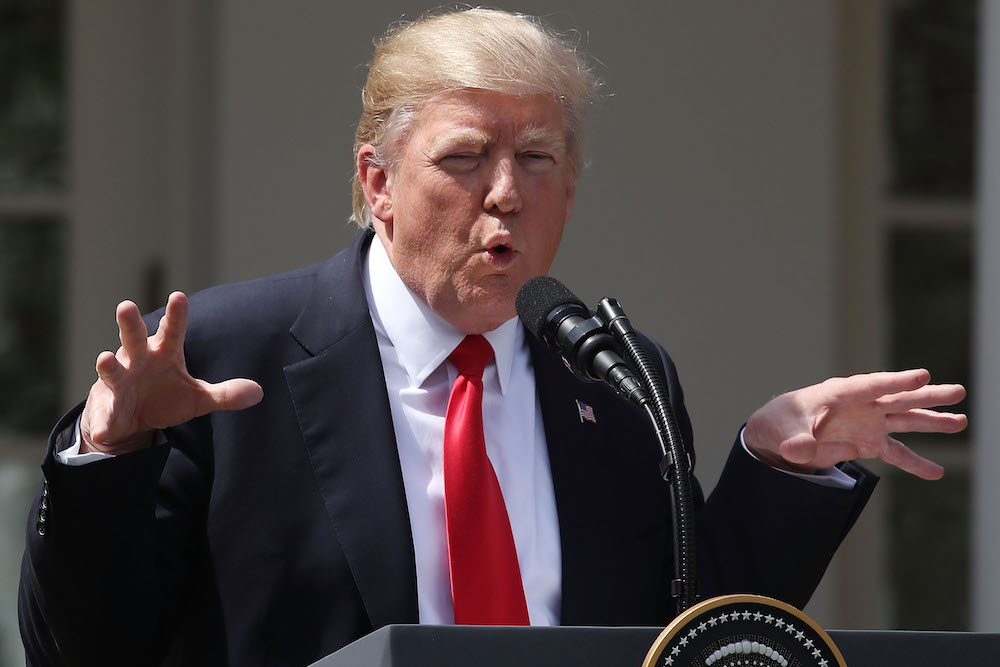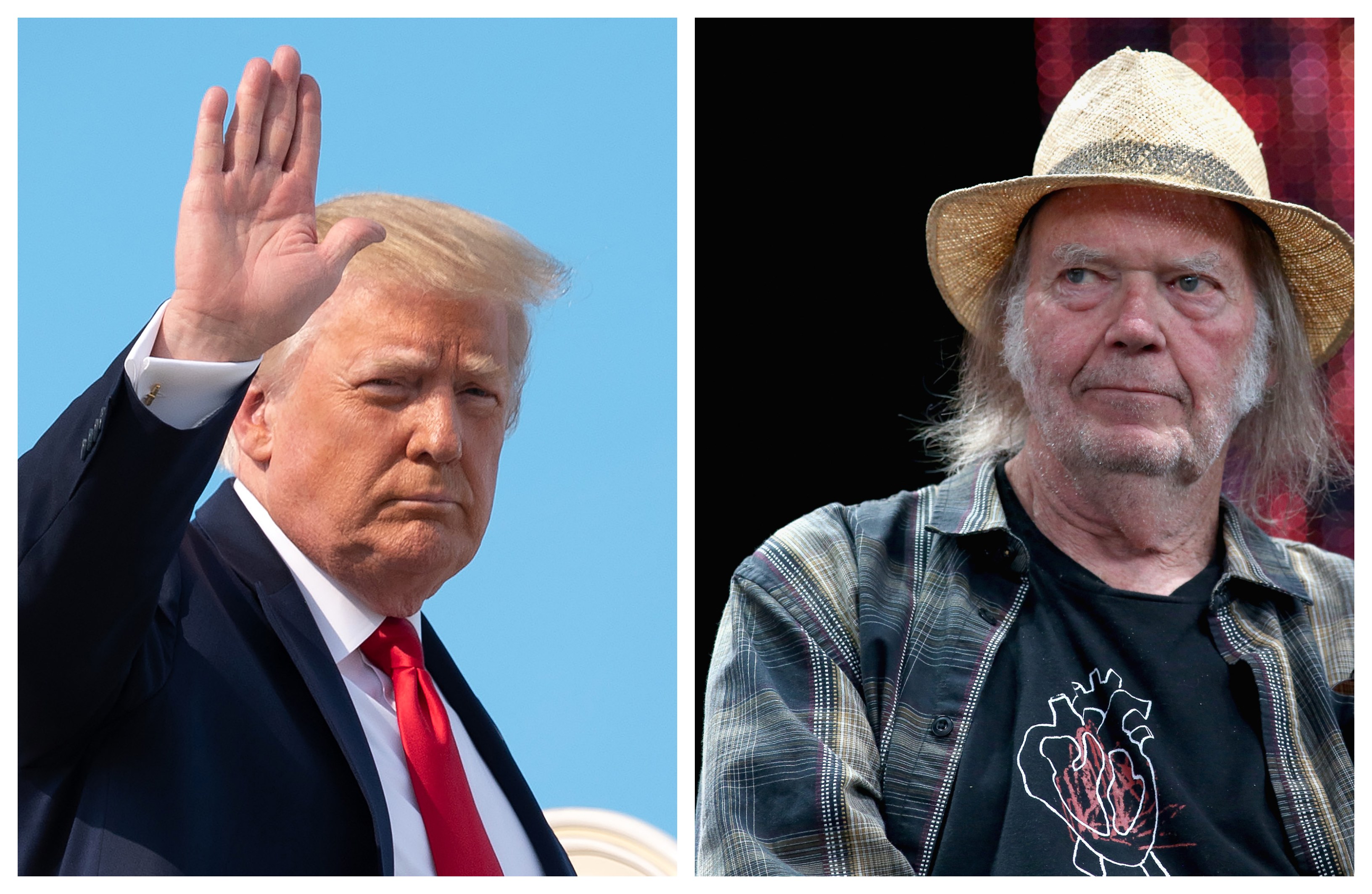Donald Trump‘s March budget proposal called for increased spending for national defense and homeland security at the expense of multiple domestic programs, including the elimination of National Endowment for the Arts and the National Endowment for the Humanities. As both programs add up to a combined .006 percent of the federal budget, the proposal read as particularly draconian—more of an ideological cudgel meant to piss off the libs than solve any actual budgetary problems.
The proposal seemed to have a decent shot at being passed because of the GOP’s control of Congress, but that might not be the case. The New York Times reports that 11 house Republicans are among the 150 members of Congress who’ve signed a letter calling for the increase of the NEA’s budget from $148 million to $155 million.
“This bipartisan effort is really important because the president’s proposed cuts to federal arts funding would be absolutely devastating,” Representative Louise Slaughter (D-NY) said in a statement to the Times. “I’m proud to have more Republicans join us in this effort than we’ve ever had in recent years. This is a signal loud and clear to the White House that Republicans and Democrats agree these budget cuts would be penny-wise and pound-foolish.”
In recent weeks, numerous Republicans have come out in support of publicly funded arts programs. “These agencies and their contributions will be evaluated through the appropriations process with all other discretionary programs,” said Republican senator Lisa Murkowski, who’s part of a Senate appropriations panel that oversees the endowments. “I believe we can find a way to commit to fiscal responsibility while continuing to support the important benefits that NEA and NEH provide.”





